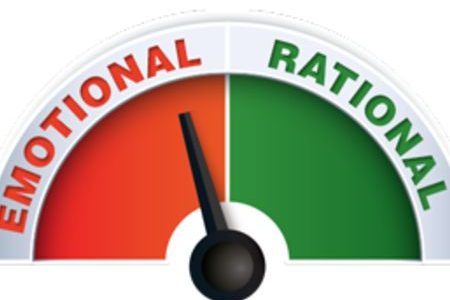Learning from Successful Investors
One of the all-time best-selling investment books is Burton Malkiel’s 1973 A Random Walk Down Wall Street, now in its 12 edition. Its thesis is “a blindfolded monkey throwing darts at a newspaper’s financial pages could select a portfolio that would as well as one carefully selected by the experts” because the markets have already factored in all the information any expert could assemble. In other words, markets are totally efficient.
We at Mobus Creative Negotiating have always been skeptical of the theory that experts cannot do better – though we would be the first to agree that a lot of what passes for expertise is not really that special.
Investing is not our field, but we would like to offer up as a counter-example to Malkiel’s thesis the experience of Jim Simons. As Gregory Zuckerman explains in The Man Who Solved the Market, Simon’s firm Renaissance Technologies has racked up a 39 percent annual return for over three decades – and that is after his firm’s fee, which is 49 percent of the profits.
Simons is famously close-mouthed about the secrets of his success. He is a renowned mathematician who has collected amazing amounts of data which he mines for indicators. As Joe Nocera (The Man Who Solved The Market) writes in a New York Times review of Zuckerman’s book, “When you get right down to it, Simons makes money because human behavior will never be completely ‘efficient.’ Those short-term anomalies Simons – and other quants [quantitative analysts] – unearth exist because humans have always acted emotionally.”
A warning: do not try this at home. That is, don’t try to beat the markets yourself. For all its firepower, Renaissance only makes money on about half of its trades. They have billions to work with, so they can afford to make mistakes, knowing that on a few of their trades, they will rake in huge profits – you do not have that luxury.
But do learn a lesson from Renaissance, namely, that people are not fully rational – humans make decisions based in part on emotion. The challenge for you as a negotiator is to figure out how to make those emotions work for you.

